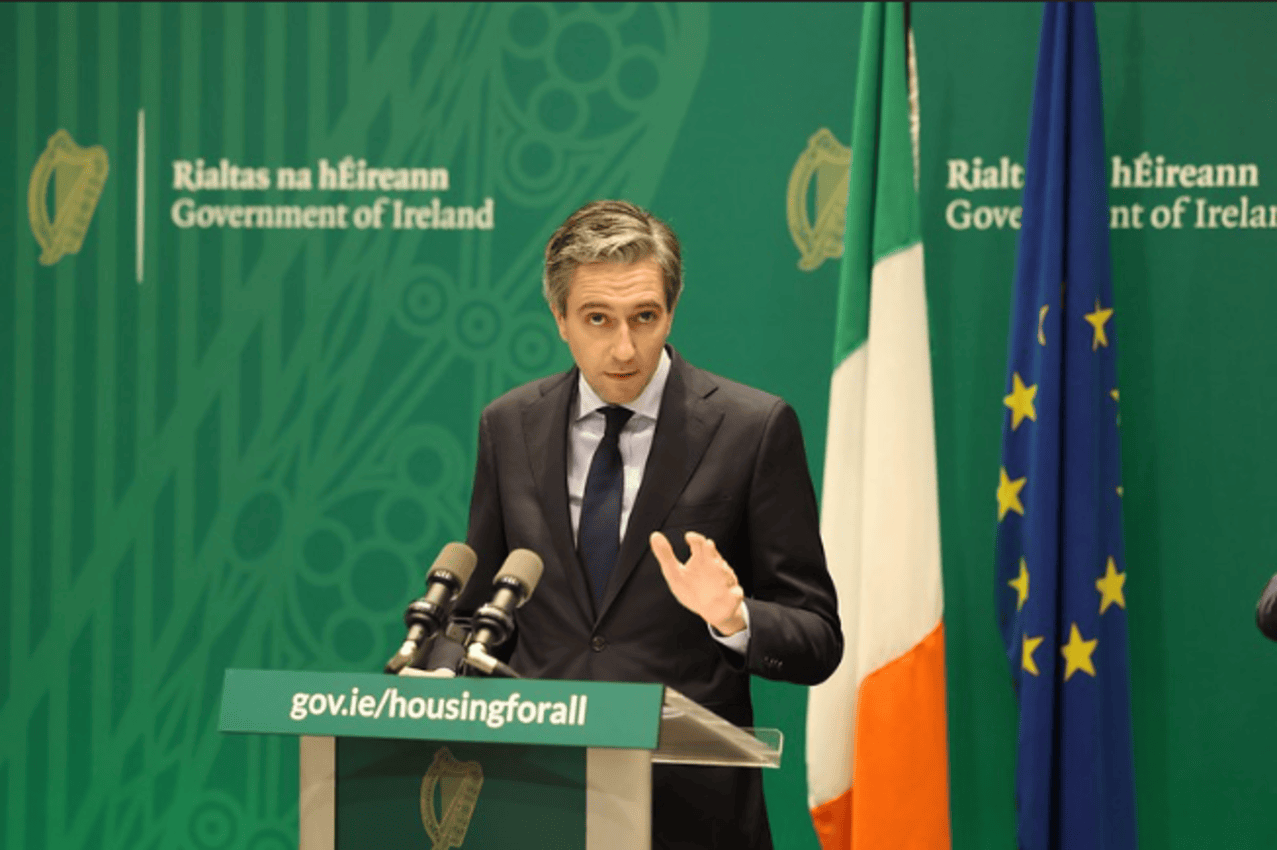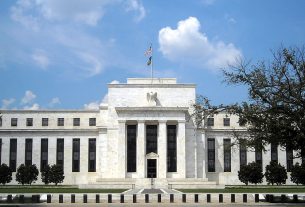Introduction
In a major political announcement, Taoiseach Leo Varadkar has confirmed that Ireland’s General Election will be held on Friday, November 29th, 2024. The announcement comes after months of speculation regarding the timing of the election, as the country grapples with key issues such as housing, healthcare, economic growth, and Ireland’s role in the European Union.
Varadkar, leader of the Fine Gael party, made the formal declaration on [insert date] after meeting with President Michael D. Higgins, marking the official commencement of the campaign period. This election will determine the composition of the Dáil Éireann, Ireland’s lower house of parliament, and shape the direction of the country for the next five years.
1. Political Context and Timing of the Election
The confirmation of the election date sets the stage for a heated campaign, as political parties gear up to challenge for control of the Dáil. The General Election comes at a time when Ireland’s political landscape is facing several challenges. Among the most pressing issues are:
- Housing Crisis: The growing shortage of affordable housing has been a top concern for Irish citizens, with many young people struggling to secure a home due to rising property prices and rents.
- Healthcare System: The ongoing challenges within Ireland’s healthcare system, including long waiting times for medical procedures and the strain on the public health service, are likely to be key points of debate during the election campaign.
- Economic Recovery and Growth: Ireland has managed to recover relatively well from the economic downturn brought about by the pandemic, but there are concerns over inflation, cost-of-living pressures, and ensuring long-term economic stability.
- Climate Change and Sustainability: As with many other European nations, climate action and the transition to a more sustainable economy are likely to be key areas of focus for the election.
- Ireland’s Role in Europe: With Brexit and ongoing European Union negotiations, Ireland’s position within the EU and its relationship with the UK remain crucial points of discussion.
The decision to set the date for November 29th, 2024, follows the five-year electoral cycle required by the Irish constitution, which mandates that the Dáil must be dissolved by February 2025. The timing aligns with the government’s goal of holding elections before the end of the year, allowing the next government to take office and address critical issues promptly.
2. Political Parties and Key Players
Ireland’s political landscape has evolved significantly in recent years, with a shift away from the traditional dominance of the Fianna Fáil and Fine Gael parties. The upcoming election is expected to be a highly competitive contest, with several parties positioning themselves as alternatives to the long-standing government coalition.
- Fine Gael: Under Taoiseach Leo Varadkar, Fine Gael has led the current coalition government, focusing on economic growth and public sector reforms. Varadkar’s leadership will be put to the test, with opposition parties criticizing his handling of the housing and healthcare crises.
- Fianna Fáil: Traditionally Fine Gael’s main rival, Fianna Fáil has been a key player in the current coalition. Party leader Micheál Martin has faced criticism from some quarters, but the party remains a major force in Irish politics.
- Sinn Féin: Under the leadership of Mary Lou McDonald, Sinn Féin has gained significant momentum in recent years, positioning itself as a strong contender for government. With a focus on social justice, affordable housing, and Irish unity, Sinn Féin’s rise in popularity will be a major factor in the election.
- Labour Party: Aiming to regain relevance after a period of decline, the Labour Party under Ivana Bacik has promised to focus on progressive policies, including tackling income inequality, addressing climate change, and expanding public services.
- Green Party: As a member of the current coalition, the Green Party, led by Eamon Ryan, has prioritized environmental sustainability and climate action. The party’s performance in the upcoming election will be crucial in determining its future influence in Irish politics.
- Other Parties and Independents: Ireland’s diverse political landscape also includes smaller parties such as Social Democrats, People Before Profit, and Solidarity, along with numerous independent candidates. These groups are expected to play an important role in the election, especially in key constituencies.
3. Key Issues for Voters
Housing Crisis
The shortage of affordable housing has dominated public discourse for years. With a growing population and limited supply, many Irish people, especially younger generations, are struggling to find homes. Political parties have offered various proposals to tackle the crisis, from increasing public housing construction to rent controls and reforming property taxes.
Healthcare
The state of Ireland’s healthcare system is another key issue for voters. The HSE (Health Service Executive) is under pressure, with long waiting times for medical procedures and insufficient resources to meet demand. Campaign promises to reform the healthcare system, improve access to services, and reduce waiting times are likely to resonate with many voters.
Economic Recovery and Cost of Living
Ireland’s economy has recovered well since the pandemic, but there are growing concerns about inflation and the rising cost of living. Voters will be looking for policies that address rising energy costs, higher food prices, and the pressure on household budgets.
Climate Change and Green Economy
With Ireland’s commitment to reaching net-zero carbon emissions by 2050, climate change will be a prominent issue in the upcoming election. Political parties will present their plans for reducing Ireland’s carbon footprint, investing in renewable energy, and promoting sustainability.
Ireland’s Place in Europe and Post-Brexit Concerns
Following Brexit, Ireland’s relationship with the UK and its role within the European Union will continue to be crucial. Political parties will outline their vision for Ireland’s future in Europe, including trade policies, border issues, and Ireland’s stance on global economic challenges.
4. The Campaign Period
With the election confirmed for November 29th, the political campaign will heat up in the weeks leading to the vote. Parties are expected to hold rallies, public debates, and media appearances, all aimed at convincing voters of their solutions to Ireland’s pressing issues. The next few weeks will be critical in shaping public opinion and determining the final outcome.
Polling will be closely watched, as parties aim to gauge voter sentiment and adjust their strategies accordingly. As in past elections, social media and digital campaigns will play a significant role in reaching younger voters, while traditional campaigning in communities across the country will continue to be crucial.
5. What’s Next?
In the lead-up to November 29th, political analysts will be closely watching the state of the race, party dynamics, and public opinion trends. With a variety of important issues at stake, the election will be a pivotal moment for Ireland’s political future. The results will determine which party or coalition will form the next government and set the course for Ireland’s economic, social, and political trajectory in the years ahead.
Conclusion
Ireland’s upcoming General Election on November 29th, 2024 will be a highly anticipated and pivotal event in the country’s political landscape. With critical issues such as housing, healthcare, and economic growth at the forefront of voter concerns, this election is expected to be one of the most competitive in recent memory. As the campaign season begins, all eyes will be on the candidates, the parties, and the voters as they decide the future direction of Ireland.
Sources:


